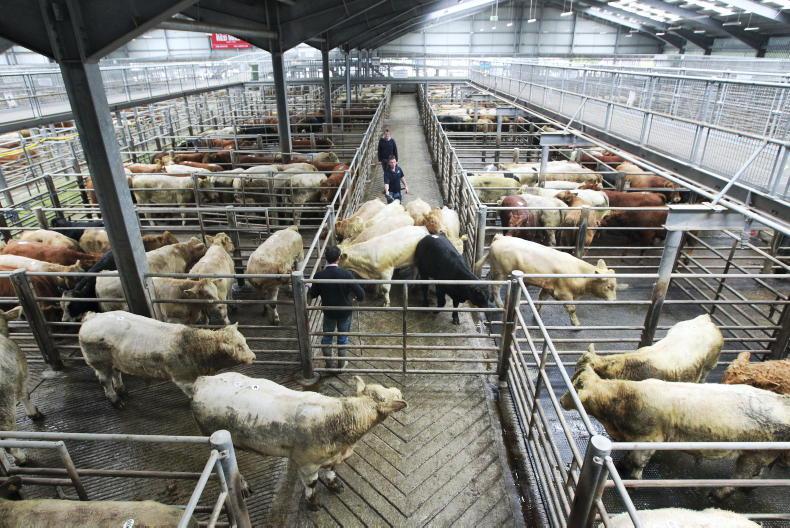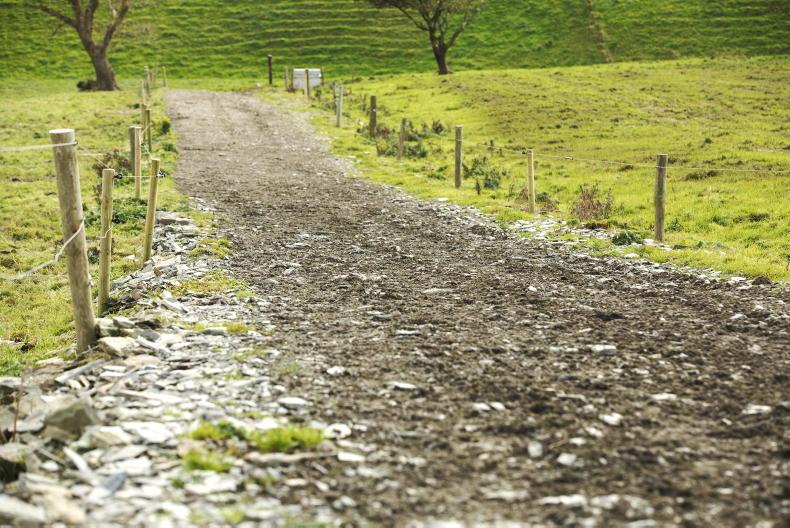Under the Commission's proposal, Ireland would have to cut emissions from sectors of its economy outside the Emissions Trading System (ETS) by 30% compared with 2005 levels.
The ETS covers large-scale industries, while agriculture - Ireland's largest contributor to greenhouse gas emissions - is among the non-ETS sectors included in today's announcement.
Keeping Europe's promises – new proposals for a #LowCarbon future out today #EnergyUnion https://t.co/dZT4UhIqMF pic.twitter.com/1sfheXkPgu
ADVERTISEMENT— EU Climate Action (@EUClimateAction) 20 juillet 2016
Ireland's 30% target is the same as the EU average, with the obligations of other countries ranging from 0% to 40%.
Flexibility from forestry and agriculture
More importantly, Ireland would be allowed to use the positive effects on greenhouse gas emissions from land use activities such as forestry and improved cropland or grassland management to justify up to 5.6% of its cuts in emissions - the highest flexibility offered to any other member state bar Latvia.
Ireland may also transfer 4% of its cuts from the ETS sector, again the highest rate of flexibility on offer.
The Commission's proposal results from the global agreement on climate change adopted in Paris last December. It will go to the European Council and the European Parliament for approval, with implementation due to start in 2021.
Comment
EU Commissioner for Climate Action and Energy Miguel Arias Cañete said: "The EU has an ambitious emissions reduction target, one I am convinced we can achieve through the collective efforts of all Member States. The national binding targets we are proposing are fair, flexible and realistic. They set the right incentives to unleash investments in sectors like transport, agriculture, buildings and waste management. With these proposals, we are showing that we have done our homework and that we keep our promises".
Cañete also said that between 1990 and 2014 Europe reduced carbon emissions by 25% in the economy as a whole. He added that Europe is therefore on that on track to meet its 2030 targets.
The Commission will be monitoring and reporting on each country's success in meeting its targets on an annual basis and will produce a compliance report on a five year basis.
Fairness
Responding to a question from a journalist on the fairness of some countries getting more room for manoeuvre than others in terms of using forestry to offset carbon emissions, Ireland being one of these countries, Cañete said the Commission has aimed to be "as fair as possible" by taking into account the intensity of agricultural activity in member states.
"Some countries have more intense agricultural activity so where there is more agricultural activity there is more flexibility with regard to using other types of land such as forestry to offset emissions," the Commissioner said.
Before publishing the package the Commissioner had travelled to all 28 member states to listen to their particular concerns in relation to their 2030 targets. Cañete made his visit to Ireland in early May.
Making reference to the targets set at the world climate change conference in Paris in December 2015, Maroš Šefcovic, Vice-President of the EC in charge of Energy Union, said this package shows that "Europe is a first mover in the fight against climate change".
Reactions
IFA President Joe Healy has described Ireland's greenhouse gas emission reduction targets to be delivered by 2030 as challenging but more balanced than previous targets set by the European Commission.
“The reduction obligation announced on Wednesday for Ireland’s non-emissions trading sector, which includes agriculture, transport and housing, will be extremely challenging, given the low mitigation potential of sectors such as agriculture," he said. "However, farmers’ focus will remain on the sustainable intensification of food production in Ireland, which has the lowest carbon footprint in milk production and the fifth lowest in beef production in Europe.”
ICMSA president John Comer said that farmers recognise and accept this "considerable challenge" on the condition that it provides them with an economic return. He cautioned that "it would be extremely counterproductive to suggest any reduction in production in Ireland, only to import food from less sustainable systems abroad".
MII
Meanwhile, Meat Industry Ireland (MII), the Ibec body representing the meat processing sector, has emphasised the "highly progressive steps" being taken in Ireland to further improve the efficiency and sustainability of food production here, from what it says is already a leading position.
"These new targets, challenging though they may be, will be faced with even greater vigour in upholding Ireland’s position as a world leader in sustainable agri-food production and the only country to have in place a national sustainability strategy right through the agri-food supply chain,” the body said.
Additional reporting by Amy Fitzgibbon
Ireland must reduce emissions by 30% by 2030
The challenges of climate change and agriculture, by Tom Arnold and Tom Kirley
Environmentalists question Irish agriculture's green credentials









SHARING OPTIONS